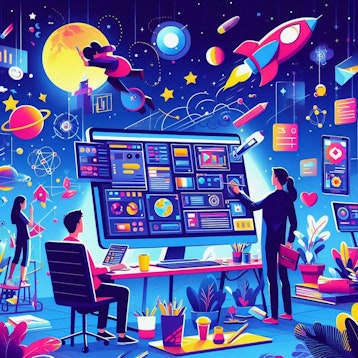Introduction
Artificial Intelligence (AI) represents a revolutionary breakthrough in education, ushering in unprecedented change and disruption. Not only is this technological marvel revolutionizing how information is delivered but it is also altering educational paradigms themselves.
At the center of this revolution lies AI's power to tailor learning experiences according to each student's needs, thereby ushering in a new era of personalized education. AI's capabilities ensure personalized learning enables educational content that fits each student's pace, style, and interests. This not only increases engagement but also greatly improves learning outcomes.
AI in education extends far beyond personalized learning; its effects extend into automating administrative tasks and freeing teachers up to focus on qualitative aspects of instruction. AI-powered platforms like Google Classroom have revolutionized task design, and automated grading, and provided insights into student performance; ultimately enhancing both teaching efficiency and student learning experiences.
The Capacity and Challenges of AI in Education
AI's capacity for analyzing large datasets allows it to predict learning outcomes and identify areas where a student might struggle, thus providing timely intervention and support services for its users. For more insights into how AI predicts learning outcomes, the UNESCO report on AI in education offers a comprehensive overview.
Integrating AI into education does not come without its challenges, however. A balanced approach must be taken, using AI's transformative power while considering ethical considerations and providing equitable access. The ultimate aim should be harnessing its potential to create more inclusive, effective, and personalized learning environments that cater to students of various needs - while simultaneously preparing them for a future where technology meets human ingenuity.
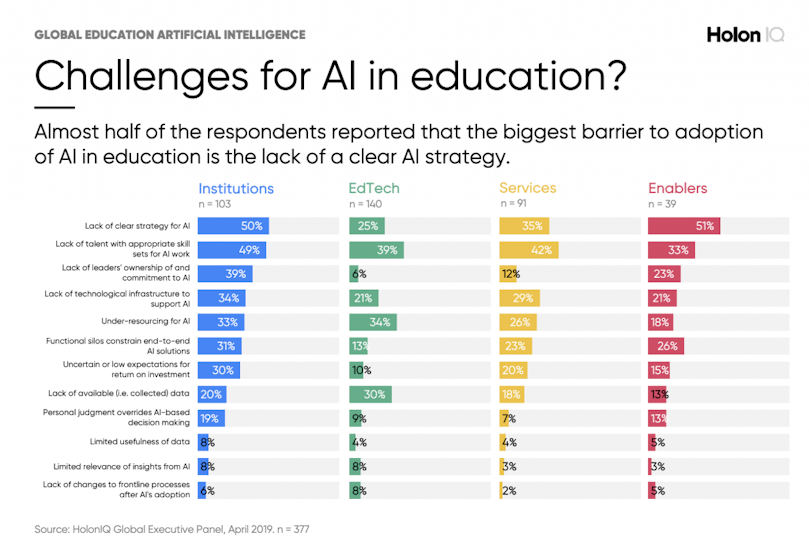
The Current Landscape of AI in Education
The integration of Artificial Intelligence (AI) in education is redefining the traditional paradigms of teaching and learning, offering a more personalized, efficient, and engaging educational experience. Here's an expanded look at some key points:
Automated Administrative Tasks: AI's role in automating administrative tasks within educational environments cannot be overstated. By handling routine tasks such as grading, scheduling, and attendance tracking, AI frees educators to focus more on teaching and less on paperwork. This automation also leads to more streamlined communication between teachers and students, making the management of coursework and feedback more efficient.
Google Classroom Integration: Google Classroom exemplifies how AI can facilitate a seamless educational workflow. Automating grading and task assignments significantly reduces the workload on educators while providing instant, personalized feedback to students. This not only enhances the learning experience but also fosters a more interactive and responsive educational environment.
Adaptive Learning Platforms: These platforms represent a breakthrough in personalized education, using AI algorithms to customize the learning experience for each student. By continuously analyzing data on students' performance, learning speeds, and preferences, these platforms adapt the curriculum in real-time, ensuring that each learner receives content that is most suitable for their learning journey. This adaptability helps in addressing the varied learning needs of students, making education more accessible and effective.
Personalized Learning Experiences: The core strength of AI in education lies in its ability to offer personalized learning experiences. Unlike the one-size-fits-all approach of traditional education systems, AI-driven platforms ensure that learning strategies are tailored to the individual needs of each student. This improves engagement and retention rates and empowers students to take control of their learning, progressing at a pace that suits them best.
AI-Powered Educational Games: Gamification in education, powered by AI, introduces an element of fun and interaction that traditional educational methods often lack. These games use AI to adapt challenges and rewards to the user's skill level, making learning more engaging and motivating. By turning learning into a game, students are more likely to participate actively and retain the information they learn.
The current landscape of AI in education shows immense potential in transforming how education is delivered and received. By automating administrative tasks, personalizing learning experiences, and making learning more engaging through gamification, AI is not just enhancing education; it's revolutionizing it.
The Benefits of AI in Education
The benefits of AI in education are manifold. Beyond personalizing learning and enhancing student engagement, AI applications offer the potential to identify gaps in knowledge, predict learning outcomes, and provide insights into the effectiveness of teaching strategies. This data-driven approach to education enables educators to make informed decisions, tailor their teaching methods, and ultimately improve the quality of education.
The integration of AI into educational design is crucial for creating effective and engaging learning experiences. As discussed in the article on EdTech Design, incorporating AI into the design process can enhance usability, accessibility, and personalization, ensuring that educational technology meets the diverse needs of learners. By leveraging AI, educators, and designers can create educational environments that are not only more engaging and effective but also inclusive and adaptable to the changing landscape of education.
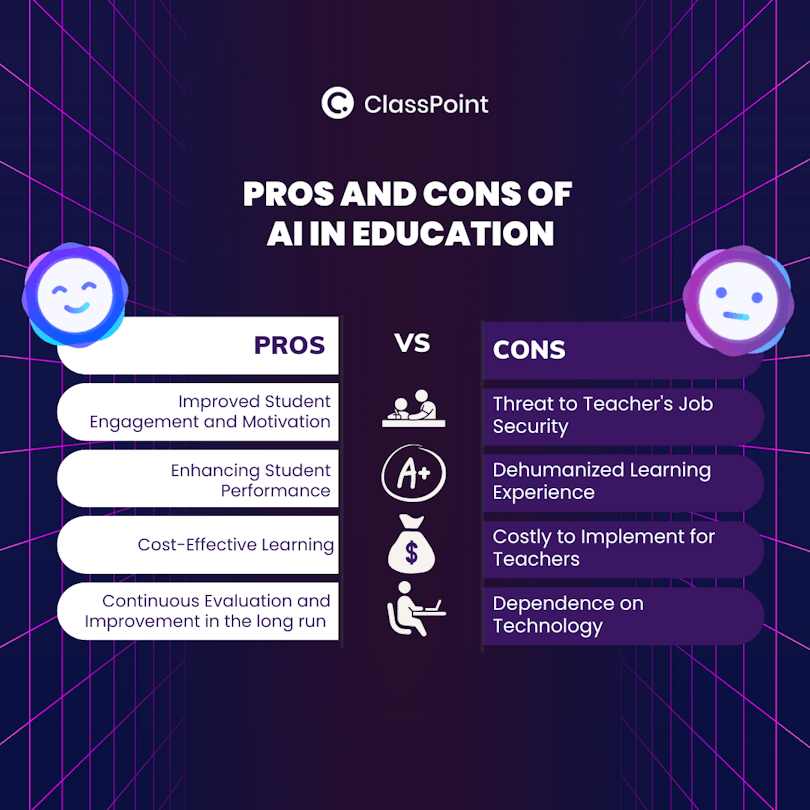
AI Tools For Education
The integration of artificial intelligence (AI) in education is revolutionizing the learning and teaching process, making it more personalized, efficient, and engaging. AI tools are becoming essential in classrooms, offering innovative solutions that adapt to individual learning styles, streamline grading, and enhance student engagement.
These advancements not only automate tasks but significantly enrich education by providing deep insights and personalized support. This brief overview introduces five standout AI tools in education, each showcasing a unique way AI is transforming the educational landscape in 2024 and beyond.
1. Gradescope
Gradescope is an AI-enhanced tool designed to streamline the grading process, offering efficiency and consistency in evaluating student work. Its features include AI-assisted question grouping, time extensions for students, and detailed analytics on student performance, making it a valuable resource for educators handling both online and in-class assessments.

2. CheggMate
Powered by OpenAI's GPT-4, CheggMate is an AI conversational learning companion introduced by Chegg Inc. It leverages Chegg’s personalized learning platform and GPT-4's advanced problem-solving capabilities to assist students in a wide range of learning activities, from solving complex problems to offering study support.
3. MathGPTPro
MathGPTPro stands out with its AI-driven math tutoring capabilities, offering a 90% accuracy rate on AP math problems. It allows students to upload math problems via photos or text for instant solutions, providing an interactive and personalized learning experience that aims to democratize education and break down educational barriers.
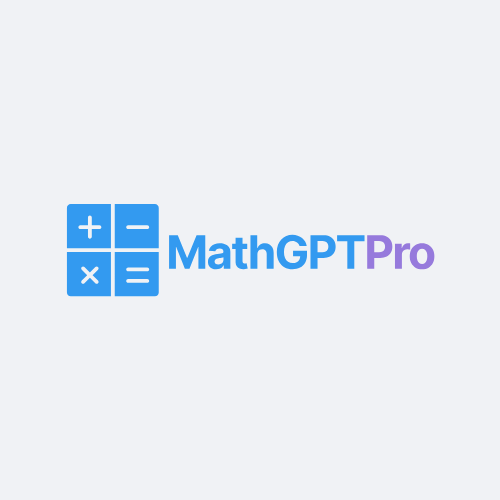
4. Cognii
Cognii offers a suite of AI-based educational technologies, including a virtual learning assistant that engages students in real-time, one-on-one tutoring conversations. It provides immediate feedback on written answers, ongoing formative assessments, and high-resolution analytics for personalized learning experiences. Cognii is utilized across K-12, higher education, and corporate training environments to enhance learning outcomes.
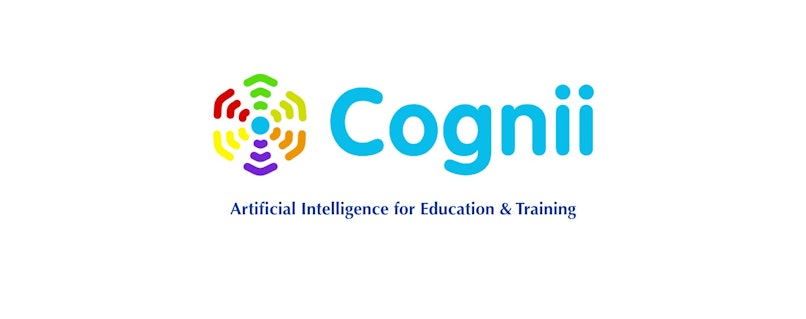
Each of these AI tools for education offers unique features aimed at enhancing the learning experience, improving educational outcomes, and supporting educators in managing their workload more efficiently. From grading assistance and personalized tutoring to fostering independent learning, these tools represent the forefront of AI technology's integration into the education sector.
AI's Impact on Teaching Methods
Artificial Intelligence (AI) is revolutionizing traditional teaching methods, shifting the educational paradigm towards more dynamic and responsive learning environments. AI technologies are enabling the creation of dynamic lesson plans that adapt to the learning pace and style of each student, making education more personalized and effective. These intelligent systems analyze student performance in real time, allowing for the curriculum to evolve based on learners' needs, thus ensuring that each student can achieve their potential.
Furthermore, AI significantly reduces the administrative burden on educators through automated grading systems. These systems can quickly assess student work, providing immediate feedback and freeing teachers to focus more on in-depth, qualitative teaching activities. This automation extends beyond simple right-or-wrong answers, with AI now capable of evaluating complex responses in essays and open-ended questions.
The incorporation of AI into teaching methods extends the capabilities of educators, enabling them to offer a more personalized learning experience. By automating routine tasks, teachers can dedicate more time to developing innovative teaching strategies and engaging with students on a deeper level. The transformation brought about by AI in education not only enhances learning outcomes but also enriches the teaching experience.
Personalized Learning through AI
The advent of AI in education marks a significant leap towards personalized learning, where educational experiences are tailored to meet the unique needs, abilities, and learning styles of individual students. AI accomplishes this through sophisticated data analysis, identifying learning patterns, preferences, and knowledge gaps, and customizing the educational content and pace accordingly.
Key Benefits of Personalized Learning through AI:
Adaptive Learning Platforms: AI-driven platforms continuously assess a student's performance to adjust the difficulty level of tasks, content nature, and learning pathways. This ensures that each learner receives a customized educational journey that targets their specific areas of improvement, such as adjusting math problem difficulty based on a student's performance to strengthen weak points.
Support for Diverse Learning Styles: AI technologies cater to various learning styles—visual, auditory, and kinesthetic—by presenting information in formats that best resonate with each learner. This approach not only enhances comprehension but also engagement and retention of information.
Language Learning Applications: In language education, AI algorithms customize vocabulary and grammar exercises based on the learner's current proficiency and progression, facilitating a more efficient and tailored learning experience.
Impact on Engagement and Performance: Implementations of AI in education have shown promising results, including higher test scores, reduced dropout rates, and improved attitudes towards learning. Personalized learning paths created by AI for subjects like mathematics have led to significant improvements in student outcomes.
AI in Education Case Studies:
A high school math curriculum powered by AI observed a 30% improvement in student math scores over a semester, demonstrating the efficacy of personalized learning paths.
Language learning apps employing AI to adjust teaching methods according to the user's pace and style have reported accelerated language acquisition.
For a deeper understanding of how AI technologies are woven into educational software, providing impactful and personalized learning experiences, insights can be drawn from the development of AI-driven educational platforms.
This concise overview encapsulates the transformative potential of AI in fostering personalized learning environments that adapt to the individual learner's needs, offering a more engaging, efficient, and effective educational experience.

Ethical Consideration and Challenges
The integration of AI into educational systems introduces several ethical considerations and challenges that must be addressed to ensure the technology is used responsibly and equitably. Here are the key ethical concerns and potential solutions:
Data Privacy
AI systems in education require access to extensive personal information to deliver personalized learning experiences. However, this raises significant data privacy concerns, as sensitive student information could be at risk of misuse or unauthorized access. Ensuring robust data protection measures and transparent data usage policies are crucial to safeguard student privacy.
Bias in AI Algorithms
Another major concern is the potential for inherent biases in AI algorithms, which could perpetuate or even exacerbate existing inequalities within the education system. These biases can arise from the data used to train AI systems, leading to unfair disadvantages for certain groups of students. Combatting this requires the development of algorithms using diverse and representative training data sets to minimize bias.
Equitable Access
Ensuring equitable access to AI-enhanced learning tools is essential to prevent the widening of the educational divide. Students from varying socioeconomic backgrounds should have equal opportunities to benefit from AI in education. This involves making AI tools widely accessible and providing the necessary infrastructure and support for all students, especially those in underprivileged areas.
Implementing AI Responsibly
Addressing these ethical considerations involves implementing AI in education with a focus on transparency, inclusivity, and fairness. This includes adopting clear data usage policies, actively working to eliminate biases in AI systems, and ensuring equitable access to technology for all students. Educators, policymakers, and technology developers must collaborate to create a responsible framework for AI use in educational settings.
For those interested in exploring the complexities of integrating AI into education further, discussions such as those found in 5 EdTech Challenges offer in-depth insights into navigating these ethical waters. These resources underscore the importance of addressing ethical concerns head-on, enabling the educational sector to harness AI's full potential while safeguarding student interests and promoting a fair, inclusive learning environment.
Future Trends in AI and Education
As we venture into the future of education, artificial intelligence (AI) stands at the forefront, shaping and redefining educational methodologies and experiences. The promise of AI extends beyond mere automation, venturing into the creation of deeply personalized and immersive learning environments that cater to the individual needs of students. This transformative potential of AI is facilitated through advanced analytics, augmented and virtual realities, and sophisticated curriculum development techniques, heralding a new era of educational engagement and efficiency.
Key Changes to Expect
Dynamic Analytics and Personalization: AI's capacity to analyze vast amounts of data in real-time allows for the prediction of learning outcomes and the identification of educational trends. This enables educators to customize teaching strategies with a level of precision previously unattainable, ensuring that each student's learning experience is tailored to their specific needs and goals.
Immersive Learning Experiences: The integration of virtual and augmented reality technologies, powered by AI, is set to revolutionize the educational landscape. These technologies promise to make learning more engaging by simulating real-world environments and scenarios, thus enhancing the effectiveness of educational content.
Sophisticated Curriculum Development: AI is expected to play a pivotal role in curriculum development and assessment, providing feedback that aligns with each student's unique learning pathway. This feedback loop, powered by AI, supports continuous improvement and personalization of the learning experience.
Staying Informed: For educators, staying updated on the latest technological trends is crucial. Resources like the MIT Technology Review offer insights into AI education trends, emphasizing the importance of adaptability and continuous learning in the face of evolving educational technologies.
Design and Usability in Educational Technologies: The design and usability of educational technologies are of paramount importance. Exploring AI UX trends can provide educators and developers with critical insights into creating user-friendly and impactful educational tools. Adam Fard's Blog, for example, delves into AI UX Research Trends, highlighting recent developments and their implications for educational environments.
Practical Implementation: For educators looking to implement AI in their classrooms, resources such as Adam Fard's projects on SaaS AI-based web apps are invaluable. These resources offer practical insights into the integration of AI technologies in educational settings.
Exploring the Intersection of Design and AI: The intersection between design and AI in education offers exciting opportunities for innovation. Adam Fard's AI Design Agency and insights into AI Startups provide a glimpse into the innovative companies operating at this crossroads, offering services and insights that can enhance educational experiences.
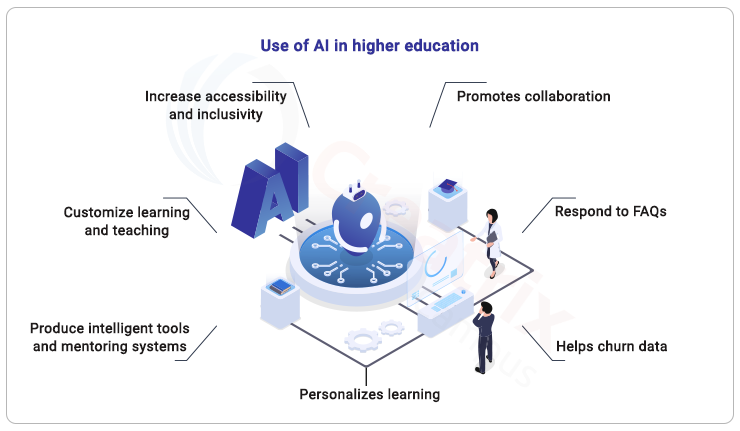
Conclusion
In summary, the future of education is intricately linked with the advancements in AI, offering unprecedented opportunities for personalization, engagement, and efficiency. As educators and institutions navigate this evolving landscape, embracing the opportunities presented by AI will be key to enhancing educational outcomes and preparing students for a future dominated by technology.
The journey into integrating AI into educational settings promises to be both challenging and rewarding, with the potential to transform traditional teaching methods and create an inclusive, dynamic learning environment for all students.



